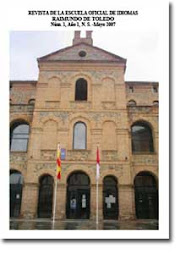- Courtney - Questions about cars and driving. E.g. How old were you when you first learned to drive? Was there anything difficult about learning to drive? Have you ever been pulled over by the police?...
- Irregular past and participle forms - p. 38.
/e/ - ate, meant, said, dreamt
/i/ - built, driven, written
/əʊ/- chosen, grown, tokd
/ɔ:/- caught, bought, wore
/ʌ/ - done, sunk, won
/eɪ/ - lay, paid
/ɜ:/ - heard, hurt, weren't
- Listening - The elephant's trunk story...
- Reacting when we're listening
- Showing surprise: You're joking! You're kidding!
- Reacting to bad news: How awful! (Remember: HOW + Adj. / WHAT + (A) + Noun).
- Agreeing: I can imagine!
- Asking for more info: What happened? What did they do?
- Telling and retelling stories: Excuse me, there's a car in the roof and Saved by her mobile
...Some more stories. - STORY A - THREE WISHES AND A WINDSURF BOARD - Photocopy
- Set off
- had been travelling
- broke
- managed
- had been
- had found
- was jogging
- appeared
- had been
- disappeared
- had disappeared
- was feeling
- had gone
- thought
- made
STORY B - SOME THINGS NEVER CHANGE
- was walking
- was wearing
- had been living / had lived
- had been
- had changed
- has disappeared
- decided
- had become
- was paying for
- found
- had taken
- turned
- had been living / had lived
- had forgotten
- came back
HOMEWORK - Reading - p. 40.
Workbook pp. 24-26.
